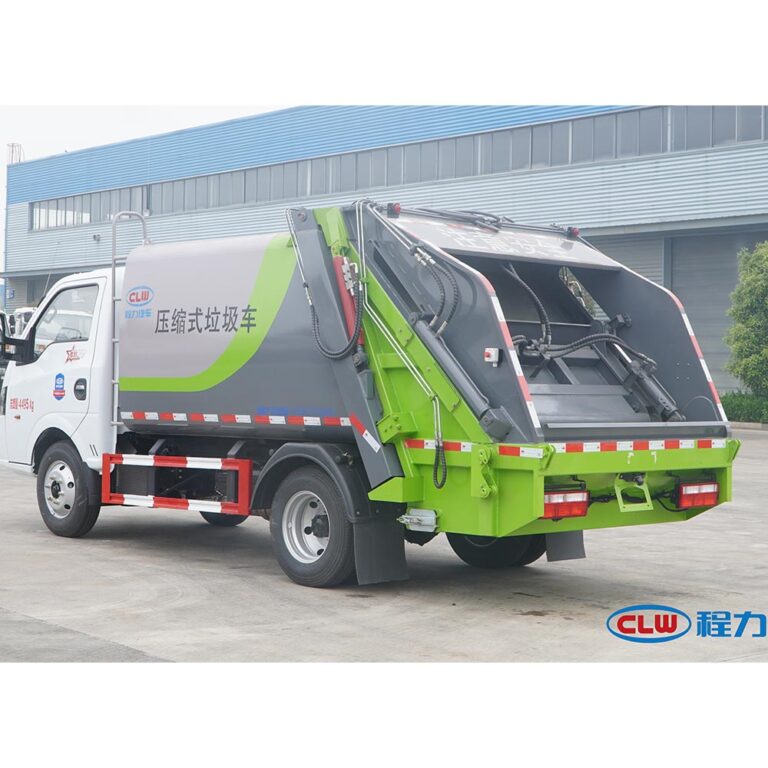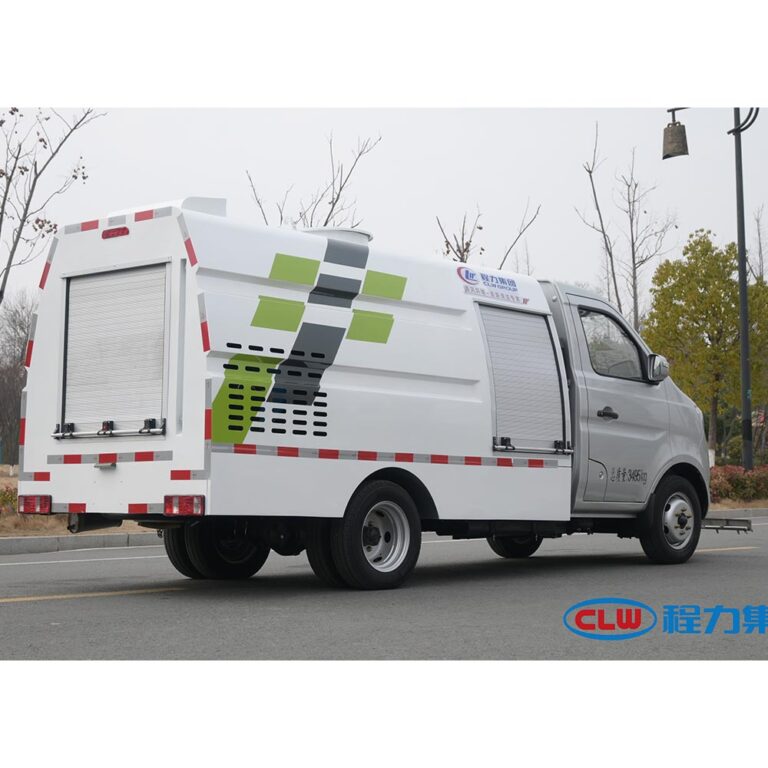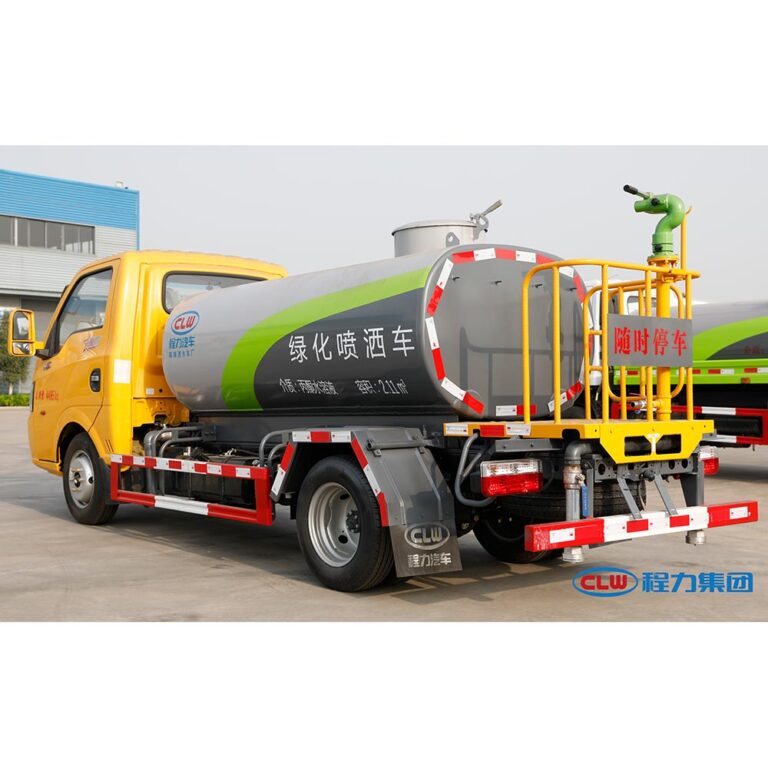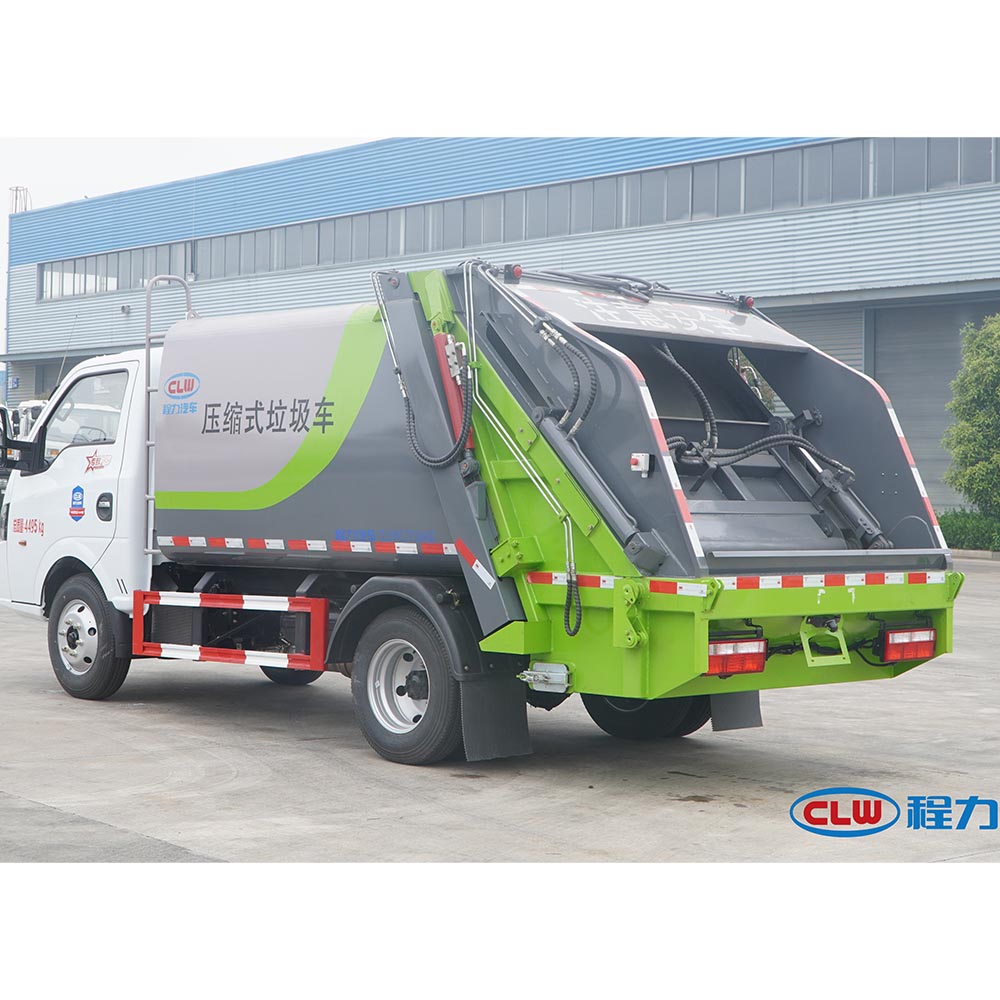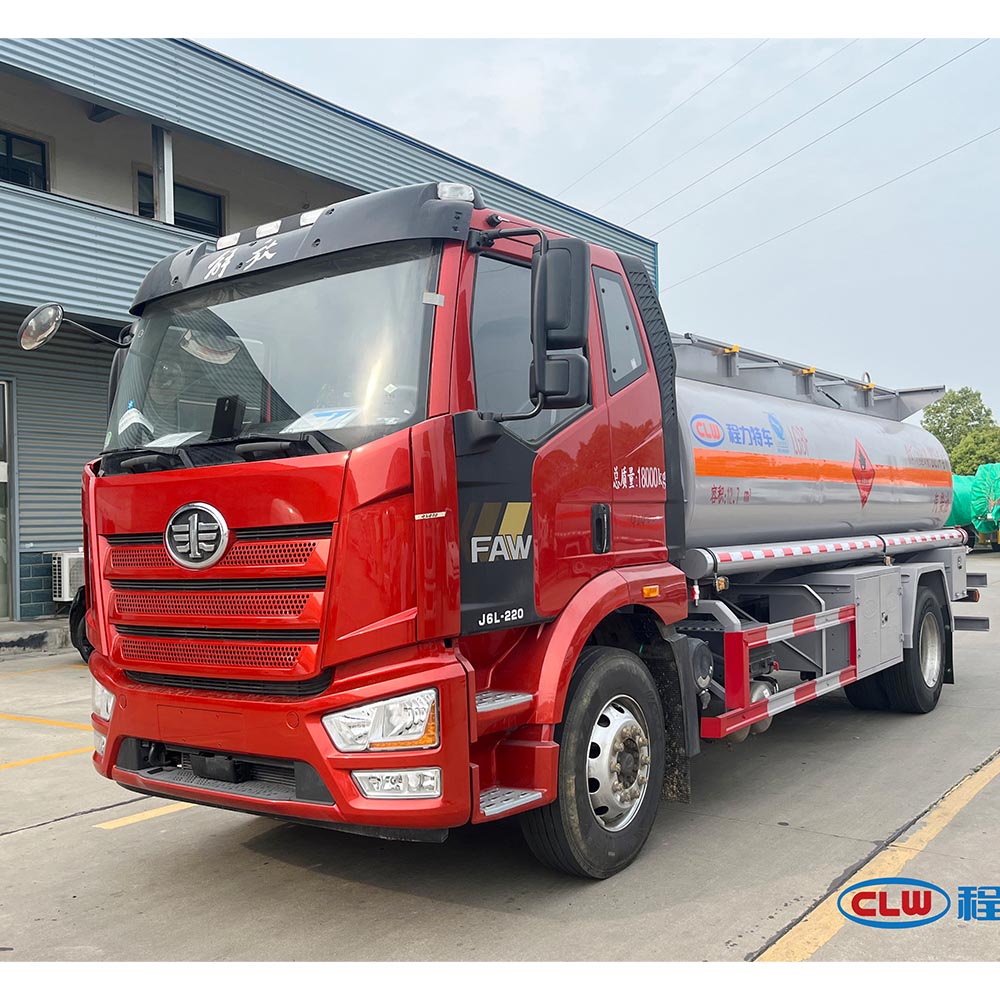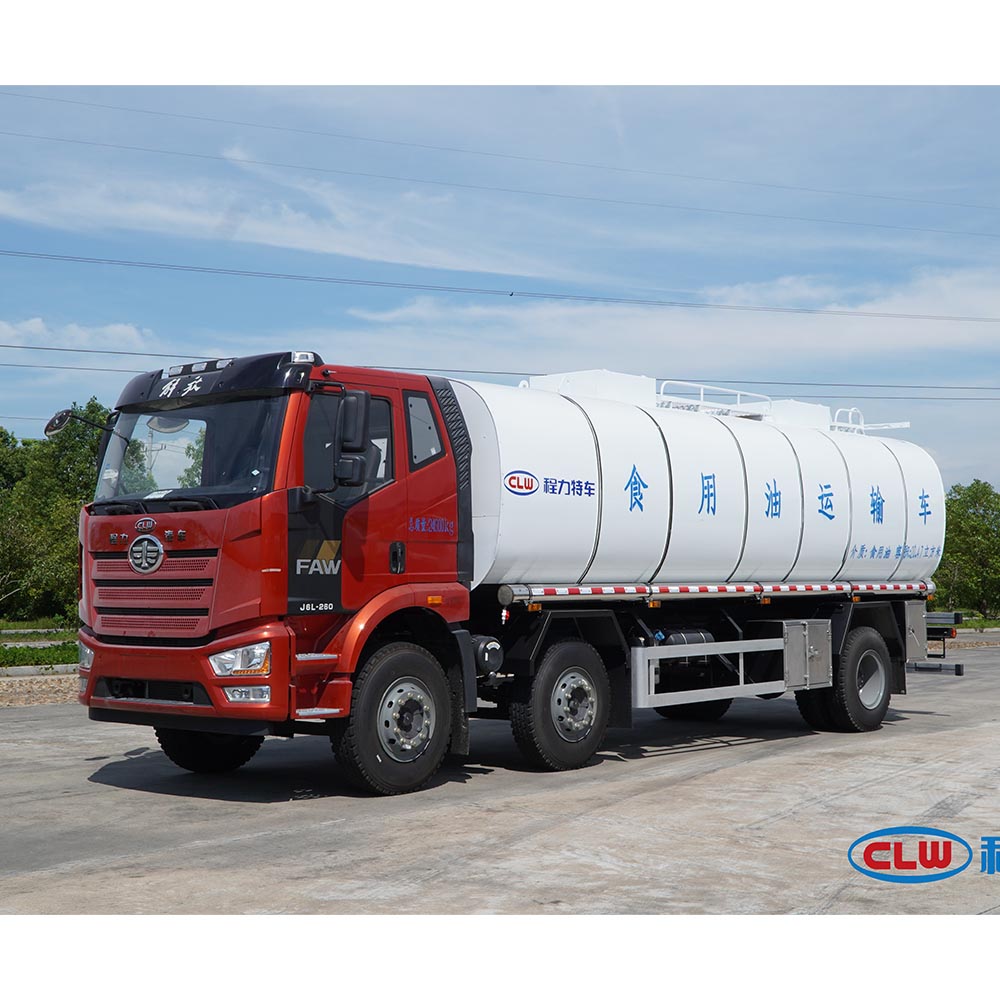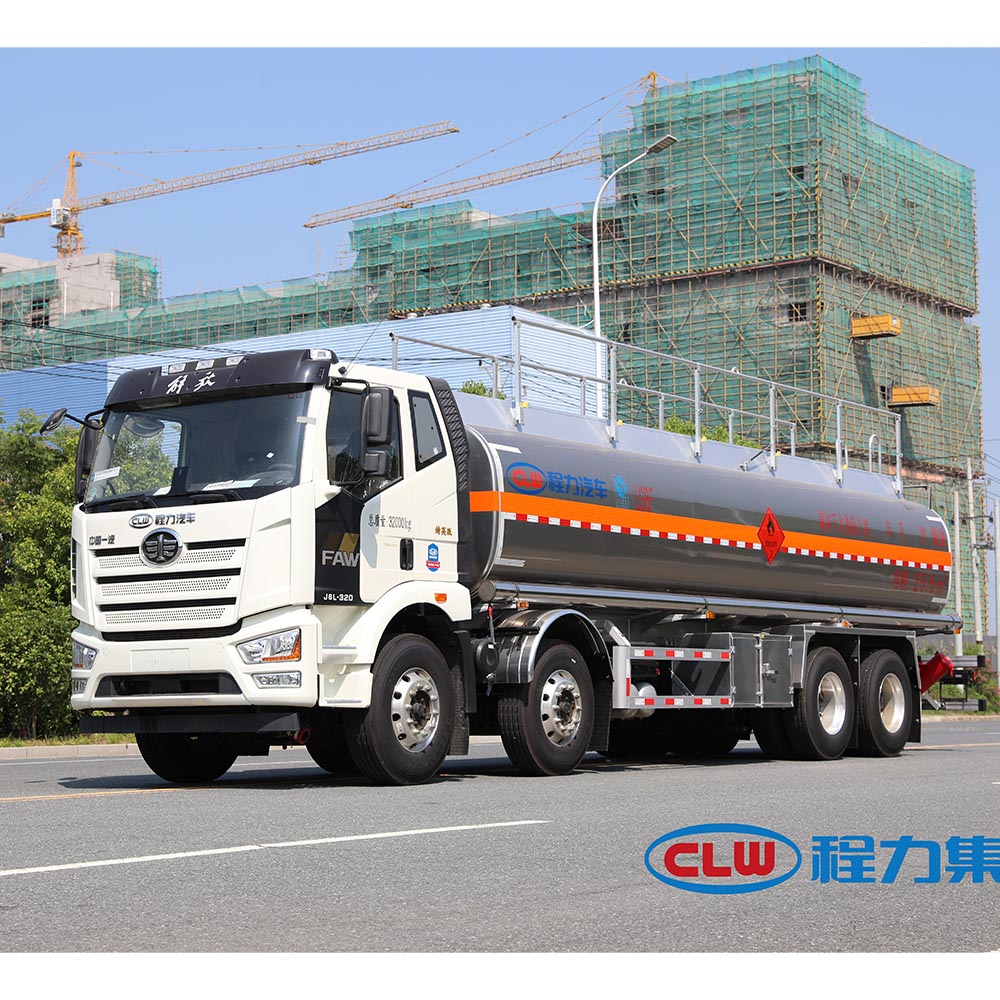-
Chengli Automobile Industrial Park
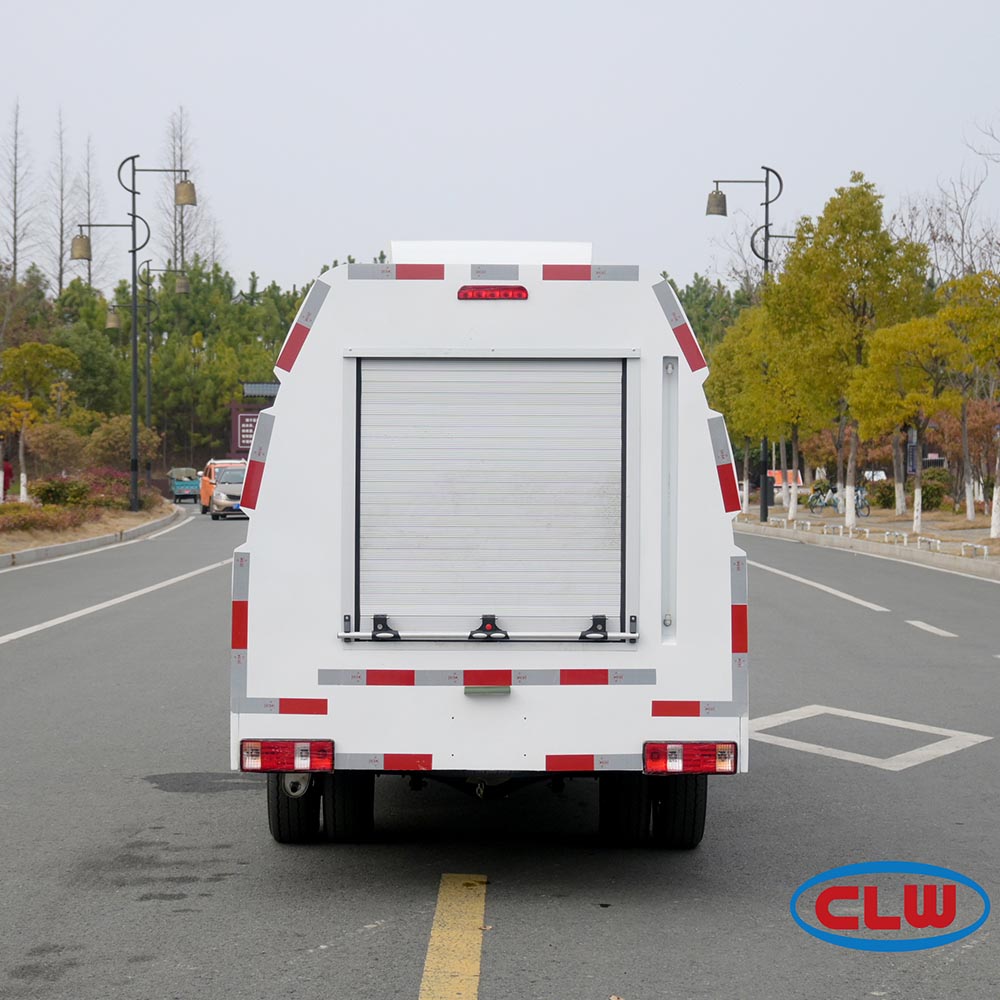
5 Things to Know Before Buying a Pressure Washing Rig
5 Essential Factors to Consider Before Buying a Pressure Washing Rig
Introduction
Buying a pressure washing rig is a big decision. It’s like trying to pick out a new car. You don’t want to waste your money. You need the right one for your work. Let’s learn together about the five important things you should know before getting a pressure washing rig. We’ll talk about budget, specifications, scalability, maintenance, and safety.
Table of Contents
1. Budget & ROI Analysis
When buying a pressure washing rig, think about your budget. It can cost from $3,000 to $10,000. But, why spend this much? If you start a business, you can earn more, making your spending worth it.
Here are some things to consider:
- Upfront Costs: Include the rig, trailer, and accessories.
- Hidden Costs: Insurance, fuel, and possible repairs.
- Financing: Look into loans or leasing options.
Budget Planning:
| Expenses | Cost Range |
|---|---|
| Pressure Washing Rig | $3,000 – $10,000 |
| Trailer | $1,000 – $5,000 |
| Accessories | $200 – $1,000 |
| Insurance | $500 – $1,200/year |
| Maintenance & Repairs | $300 – $1,000/year |
| Case Study: A Florida contractor used an $8,000 trailer-mounted rig and doubled their revenue. |
5 Things to Know Before Buying a Pressure Washing Rig
Budget Breakdown
Key Specs & Considerations
| Factor | Data/Statistic |
|---|---|
| PSI/GPM Specs | 85% of commercial jobs require 3,000-4,000 PSI and 2.5-4 GPM. |
| Hot vs. Cold Water | Hot water is 50% faster for grease removal. |
| Maintenance | Pump failures cause 40% of downtime; better pumps last 2x longer. |
| Safety | OSHA fines average $15,625 for chemical mishandling. |
Customer Success & Failure
2. Technical Specs You Can’t Ignore
PSI and GPM are very important. These determine how powerful your pressure washer is.
- PSI (Pounds per Square Inch): High PSI means you can clean tough spots like concrete.
- GPM (Gallons Per Minute): This tells you how fast the water flows. More flow can clean faster.
Hot vs. Cold Water: - Hot water cleans grease and oil better.
- Cold water is great for everyday dirt.
Choose between gas or electric. Gas is better for outdoor work because it’s stronger and portable.
3. Business Needs & Scalability
Think about what your business needs now and in the future.
Types of Rigs:
- Trailer-Mounted: Good for moving around and holding large water tanks.
- Skid-Mounted: Usually fixed in a truck bed; good for small spaces.
Attachments increase your work range: - Surface cleaners
- Roof washers
- Detergent tanks
Fun Fact: Businesses with trailer rigs can handle 30% more work.
4. Maintenance & Repair Realities
Like any machine, pressure washers need regular maintenance. Here’s what to keep in mind:
- Pump Care: A well-maintained pump lasts longer.
- Routine Checks: Keep the hose, nozzles, and filters clean.
- Warranties: Some brands offer good warranties (Karcher, Simpson Cleaning).
COMMON MISTAKE: 60% of buyers wish they had bought a stronger rig in the first place. Don’t make this mistake!
5. Safety & Compliance
Safety is very important. You don’t want anyone to get hurt or get in trouble with the law.
OSHA Guidelines:
- Wear safety gear like goggles and gloves.
- Proper chemical handling to avoid fines.
Environmental Protection (EPA): - Use eco-friendly detergents. They cost a bit more but protect our earth.
- Make sure water run-off is managed correctly, especially in states with strict laws.
Conclusion
Buying a pressure washing rig isn’t just about getting the cheapest one. Think about the specs, maintenance, and future plans. The right choice will help your business grow, keep you safe, and stay compliant with laws.
Still unsure? Here’s a to help you decide what you need.
Make smart choices and enjoy the benefits of a well-chosen rig!
FAQs
What PSI is best for residential jobs?
Usually 2000-3000 PSI.
Can I finance a pressure washing rig?
Yes, check SBA loans or leasing options.
Are hot water rigs worth it?
Yes, for cleaning heavy grease or oil.
Now, feel confident buying your pressure washing rig! For any more questions, explore heavy-duty options on our transport truck page.

